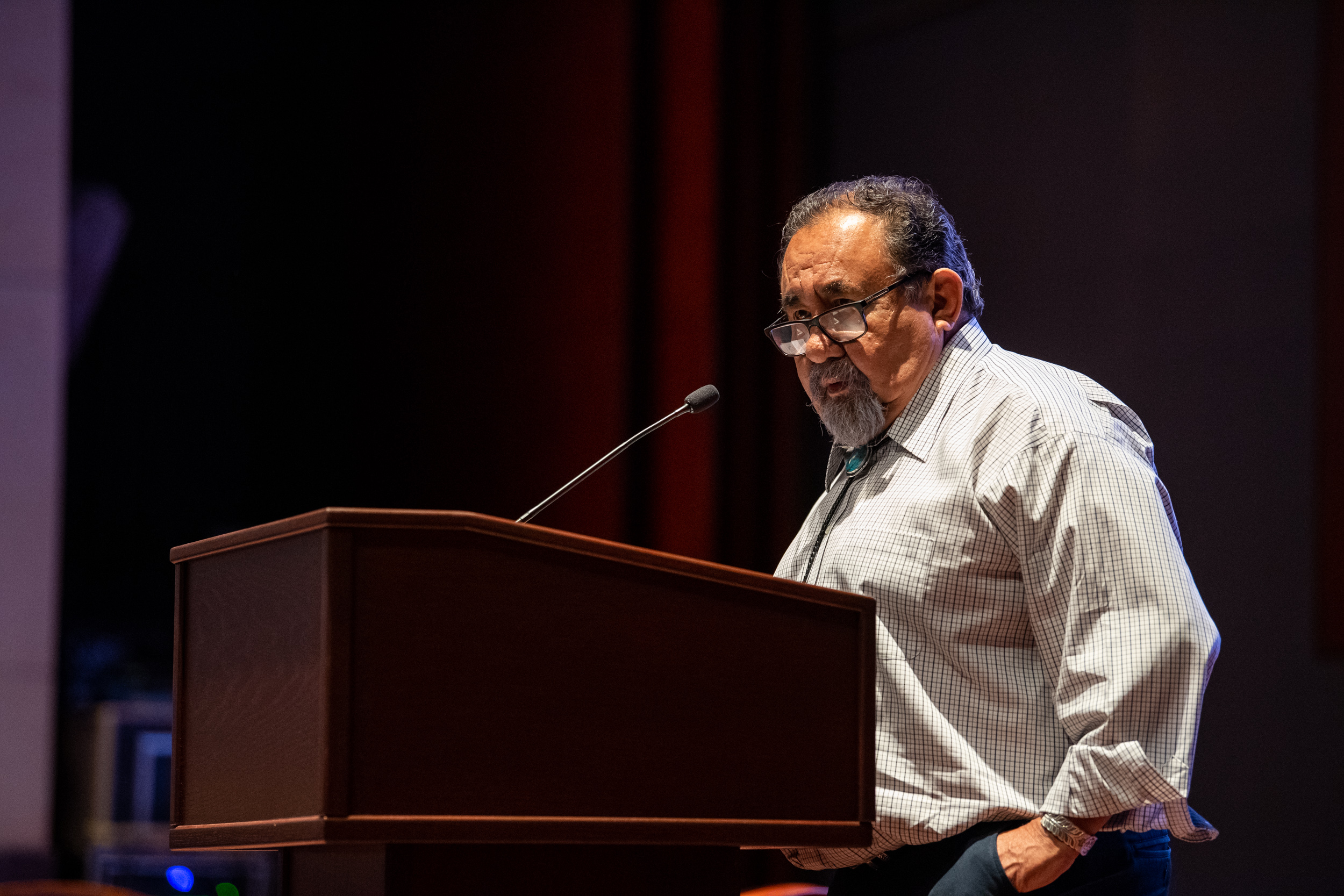House Democrats Want to Crowdsource Environmental Justice Bill

Democratic Reps. Raul Grijalva (Ariz.) and Donald McEachin (Va.) are turning to the public to craft their next bill to protect low-income and minority communities from pollution.
The lawmakers will soon launch an interactive online tool that allows people to comment on eight “principles" on environmental justice. The comments will serve as a basis for future legislation from the lawmakers, who unveiled the effort at a June 26 summit on the issue.
The lawmakers sought the approach to make writing the legislation more participatory and inclusive from its inception, said Grijalva, who chairs the House Natural Resources Committee.
It’s a departure from the typical process of making laws, in which representatives write bills with the help of lobbyists or public interest organizations, McEachin said.
“We want to be in a position where we’re listening and hearing from you,” he said at the event. “This needs to be a bottom-up solution rather than a top-down solution.”
The Environmental Protection Agency defines environmental justice as “the fair treatment and meaningful involvement of all people regardless of race, color, national origin, or income, with respect to the development, implementation, and enforcement of environmental laws, regulations, and policies.”
‘A Learning Experience’
Low-income, indigenous, and racial minority populations have historically faced greater levels of air, water, and chemical pollution than white and wealthy communities.
The disparities have given rise to an area of environmental and civil rights law focused on protecting communities that have fewer resources to challenge industrial operators that pollute near their homes.
The principles include amending the Civil Rights Act to allow private citizens to file environmental discrimination lawsuits under Title VI of the act, and directing federal agencies to develop broad environmental justice strategies. The feedback will be collected on POPVOX, an online platform to engage citizens in the lawmaking process.
It’s the first time that POPVOX is collecting feedback for the purposes of creating legislation, Rachna Choudhry, co-founder of the website, said at the summit.
“It’s going to be a learning experience for POPVOX, certainly, but everyone else as well,” she said.
Grijalva couldn’t say when he expects legislation to come from the experiment.
“I think once people start exchanging information, talking, having their own forums, roundtable discussions in their communities, then it will start to coalesce, and then I can give you a time,” he told Bloomberg Environment.
The House has yet to consider any environmental justice legislation this Congress.
Sens. Tom Carper (D-Del.), Cory Booker (D-N.J.), and Tammy Duckworth (D-Ill.) created a Senate environmental justice caucus in April to advance legislation “for communities that for far too long have been disproportionately impacted by polluting industries,” according to a news release from Duckworth’s office.
By: Tiffany Stecker
Source: Bloomberg
Next Article Previous Article
